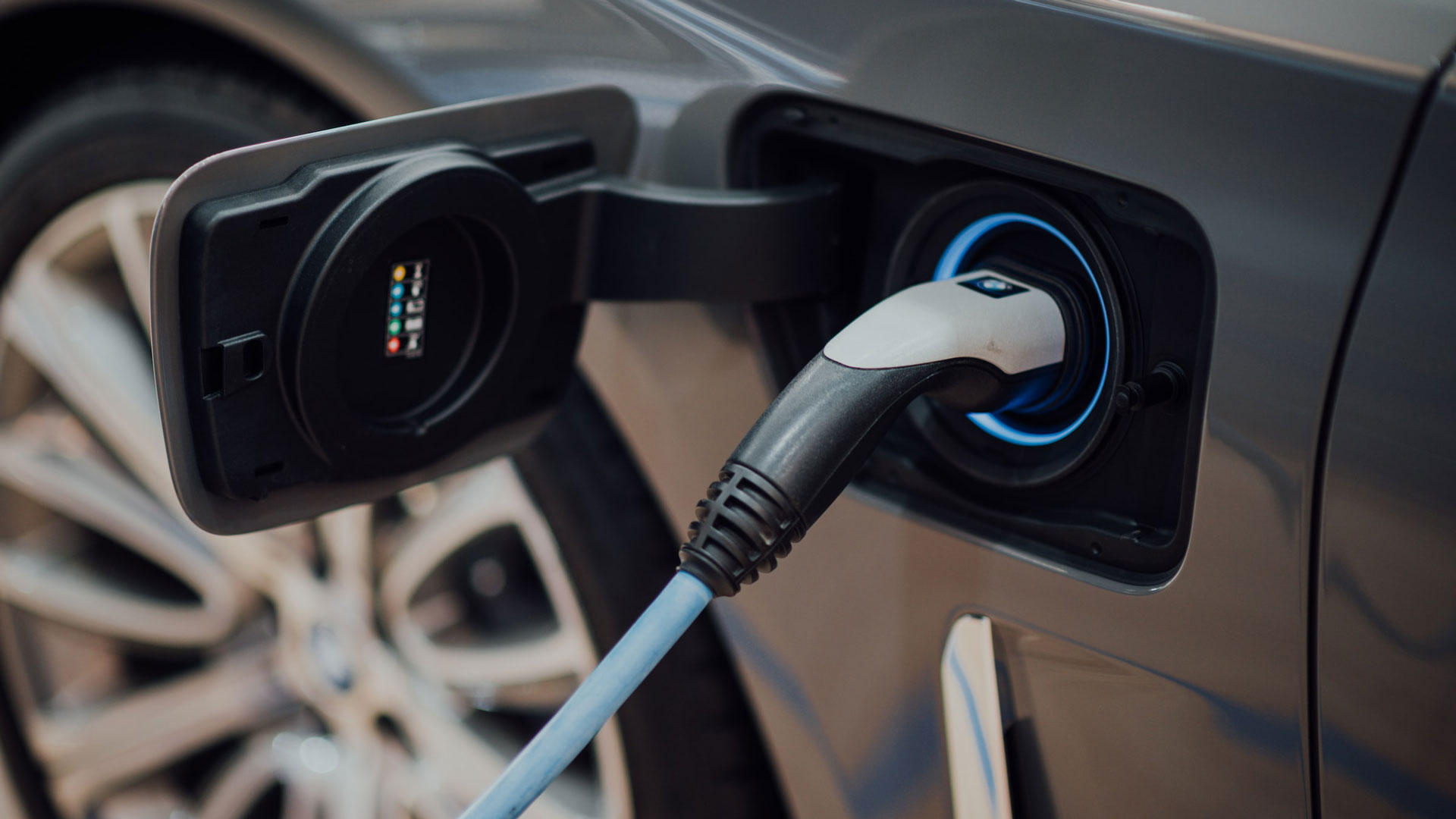There are many examples of failed public-private partnerships in the UK, from the expensive PFI contracts in the Blair era or the extractive ownership model of our rail system, franchised out and subsidised by the taxpayer, but with private shareholders left to reap the rewards. The electric vehicle (EV) charging market is set to become another example of British government’s bad romance with the private sector, unless the new Labour government changes course.
Easily accessible public EV charging infrastructure is a necessary first step for the transitions to EVs, but there are signs the lack of public charging infrastructure is a significant obstacle, with studies claiming that the lack of access to residential on-street charging is the biggest barrier to buying a used EV. EV users also need assurance that they can charge their car quickly on the go to avoid being stranded or waiting hours for their car to charge at a slow charge point mid-journey.
- Here’s what Labour’s landslide victory means for the planet and the ‘anti-green Tory agenda’
- Green Party leader Carla Denyer on climate crisis, fighting for trans rights and beating Labour
Yet the current method of delivery has left stark geographic inequalities: research published by Common Wealth shows that there are more EV charge points in the London Borough of Westminster than in Birmingham, Manchester, Leeds, Bradford, Glasgow, Southampton, Portsmouth and Newcastle combined. This investment pattern speaks to a chicken and egg problem in this sector, where private investment requires adequate demand or satisfactory revenues, but consumers will be hesitant to switch to electric vehicles without certainty of charge point infrastructure rollout.
To date, the government has offloaded responsibility to local government for building charging infrastructure, leaving them in the lurch. Many do not have established strategies for on-street residential charging despite government grants being available. Common Wealth’s research finds that less than half of all local authorities in the UK accessed the on-street residential charging scheme, and a third of the total money accessed went to London councils. While it is unclear why take up of these opportunities has been so poor, one can only assume that after 14 years of cuts to vital local services, building public EV charging infrastructure is far from a top priority for local government.
We do not have to look far for alternative ways of building this future infrastructure. In Scotland, the government embraced a publicly-led model for rolling out EV charge points, with Transport Scotland building a robust network of on-street and rapid charge points, resulting in the highest number of rapid charge points than any region or nation in the UK (relative to its population).
In contrast, London has the second lowest number of rapid charge points relative to its population, which suggests that the market is unwilling to invest in rapid and ultra-rapid charge points. These charge points can charge an EV to 80% in less than 45 minutes, but require a higher initial investment and planning with the grid and electricity distribution networks. Scotland’s approach has proven more effective in encouraging EV adoption and ensuring a much fairer distribution of EV infrastructure.









